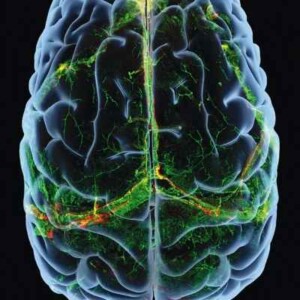

The lack of adequate sanitation in parts of the rural US, and physicists reassess muons’ magnetism.
In this episode:
00:45 How failing sanitation infrastructure is causing a US public health crisis
In the US, huge numbers of people live without access to adequate sanitation. Environmental-health advocate Catherine Coleman Flowers tells us about her new book looking at the roots and consequences of this crisis, focusing on Lowndes County, Alabama, an area inhabited largely by poor Black people, where an estimated 90% of households have failing or inadequate waste-water systems.
Book review: Toilets – what will it take to fix them?
07:56 Research Highlights
Why adding new members to the team can spark ideas, and how manta rays remember the best spots for pampering.
Research Highlight: Want fresh results? Analysis of thousands of papers suggests trying new teammates
Research Highlight: What manta rays remember: the best spots to get spruced up
10:13 Reassessing muons’ magnetic moment
A decade ago, physicists measured the ‘magnetic moment’ of the subatomic muon, and found their value did not match what theory suggested. This puzzled researchers, and hinted at the existence of new physics. Now, a team has used a different method to recalculate the theoretical result and see if this discrepancy remains.
Research Article: Fodor et al.
News: Is the standard model broken? Physicists cheer major muon result
Subscribe to Nature Briefing, an unmissable daily round-up of science news, opinion and analysis free in your inbox every weekday.
See acast.com/privacy for privacy and opt-out information.
More Episodes
All Episodes>>You may also like
Create Your Podcast In Minutes
- Full-featured podcast site
- Unlimited storage and bandwidth
- Comprehensive podcast stats
- Distribute to Apple Podcasts, Spotify, and more
- Make money with your podcast




